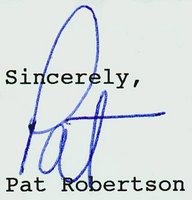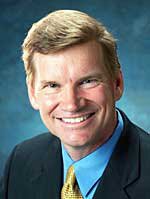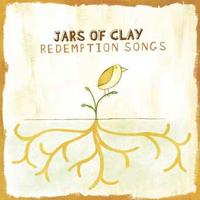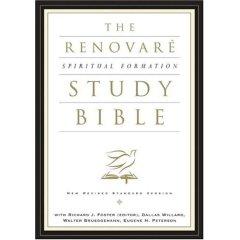
Have you ever wondered what life after death is like? Do books about near death experiences interest you? Then you may enjoy this book. Don Piper shares his incredible story of death, pain, and life in his book
90 Minutes in Heaven.
Piper died in a terrible car accident on a rural Texas highway. He was dead for 90 minutes. During that time, he went to heaven but came back to life on earth after a pastor prayed for him.
Repeatedly, Piper says that words cannot possibly describe what heaven is like. Piper is greeted by deceased friends and family, sees the pearly gates and golden streets, and hears wonderful music.
After describing his brief glimpse of heaven, the rest of the book recounts his trying struggle to recover from his horrific injuries. The intense pain and knowledge that he will never again be normal lead Piper to despair, depression, and frustration. Fortunately, God places several people in Piper’s life who help him through his depression and despair. Piper begins to share his experience with others and finds God working through his story.
Overall it is a good book. His description of the car accident, heaven and the painful recovery are powerful. Many of the lessons he learned through this ordeal are very helpful. One such lesson for me was allowing people to minister to me because it enables them to live out their calling.
But several things bothered me in the book. One was the author’s repeated attempts at interpreting what he experienced in terms of his theological presuppositions. Most obvious were Piper’s repeated comments concerning the absence of time in heaven and yet he experienced sequence. He met one relative first, then another, then a friend, and so on. He did this first, and this next, and so on. He heard this song, which had these notes, played in this sequence, and so on. If he experienced obvious sequence in heaven, which would indicate the passage of time, why doesn’t the author reinterpret his theology in light of his new experience?
Another frustrating aspect of the book was the overall weakness I see in many evangelical Christians (myself included!) as exemplified in Piper. Piper is a Baptist minister and I kept asking myself what this book would be like if a minister with a more contemplative, sacramental worldview had experienced this same trial. I commend Piper for his openness and allowing himself to be vulnerable. I commend Piper for allowing us to see him when he was not at his best. I commend Piper for writing a book that doesn’t present himself as the most likeable guy. But overall, I feel he reflects so many Christians today who do not have a deep, contemplative relationship with God and who lack a theology that includes suffering.
Don’t get me wrong. I would not have handled his situation any better than he did. But I do believe that his analytical approach to this ordeal by seeking to find answers is typical of many evangelical Christians today. We rarely seize moments that will allow us to contemplate the sufferings of Christ (and obviously none of us want to do this!). To me some of his reflections highlight some of the weaknesses of a purely analytical, rational approach to our relationship with God. It feels to me, based on the teachings of Jesus and Paul, that we should have a far better perspective on suffering and pain than we typically do.
Let me encourage you to read this book. And let me encourage you by reading this book to place yourself in Piper’s place and develop a powerful, thoughtful theology of suffering.
Thanks to Paige Harvey of
PS Media Relations for sending me a copy of this book to review.


















































